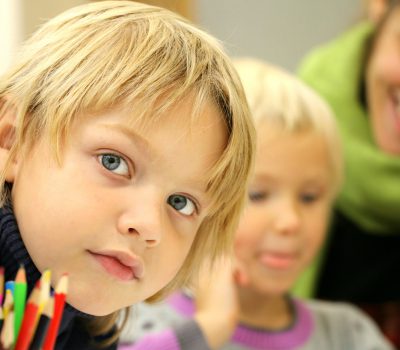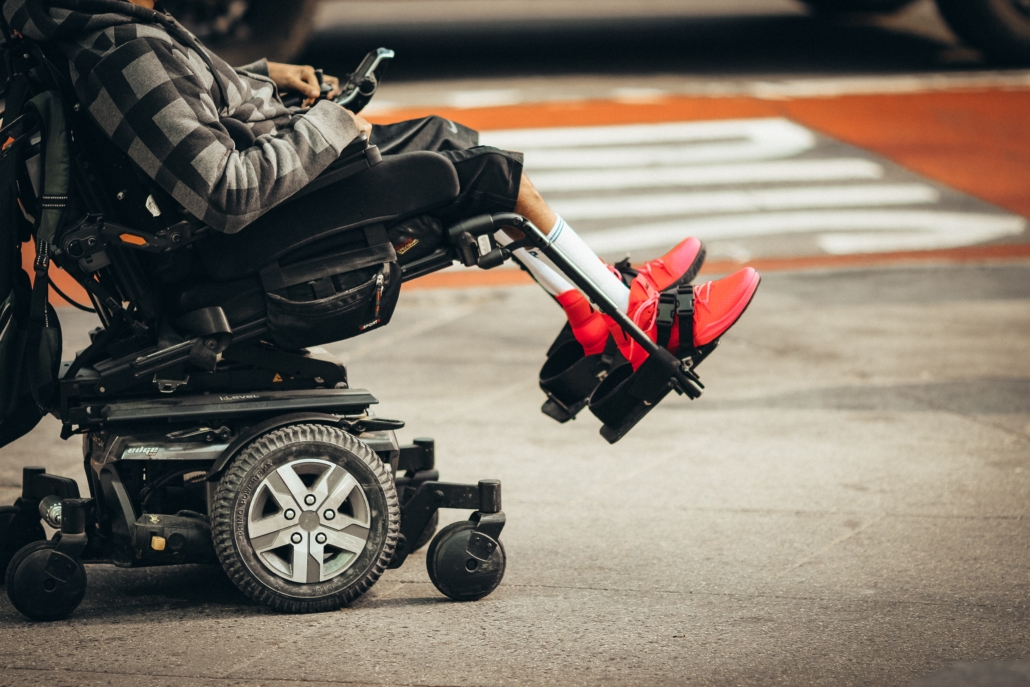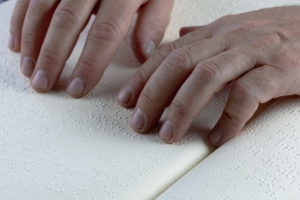

Debbie Woodliffe reiterates the need to teach inclusion and diversity from EYFS.

All humans are diverse individuals with something unique to offer the world, and all children have a right to express that individuality and have it nurtured. This is especially true for children with disabilities who might find it harder to express themselves and join in with others. Ensuring equal opportunities in school and accessible activities for all is crucial to help support these goals, so let’s take a look at:
Does your school nurture individuality and provide enough resources for children with disabilities? Read on to find out more…
Importance of equal opportunities
Disabled people can often be forgotten or not considered with activities like construction, travel, education and more. But they shouldn’t be. According to Scope, there are 14.1 million disabled people in the UK – that’s around 20% of the UK population who are often ignored or dismissed for something they can’t control.
The Equality Act was passed in 2010 to help protect and ensure that no one is discriminated against for their Disability, Age, Gender, Religion, Orientation and more. However, it still happens, whether by accident, unconscious bias, or on purpose – discrimination is part and parcel of life. The best thing we can do is be accepting and offer equal opportunities to all in our lives and teach others to do the same.
“Equality is about ensuring that every individual has an equal opportunity to make the most of their lives and talents.
It is also the belief that no one should have poorer life chances because of the way they were born, where they come from, what they believe, or whether they have a disability.”
Equality and Human Rights Commission
Children go through an incredibly rapid learning period up to the age of eight – they learn crucial social and cognitive skills that support them for the rest of their lives. And these skills are further developed and refined throughout their adolescence.
This early childhood developmental stage is the ideal time to teach acceptance of others because children are already programmed to learn at a fast pace. Plus, if you give all your kids equal footing with a tutor, special teaching assistant, or just by giving them easier access to the classroom, they’re more likely to become valuable, considerate members of society together as they learn.
When is the International Day of Persons with Disabilities?
This year, the United Nations International Day of Persons with Disabilities lands on the 3rd December 2021. It aims to raise awareness and promote the participation and leadership of disabled persons across the globe to develop an inclusive and accessible future.
Just one week later on the 10th of December, is the United Nations Human Right’s Day as well, so you could prolong your activities and expand them to include everyone and every protected characteristic.
How to raise awareness and encourage equal opportunities for all
Promoting inclusion and accessibility in your classroom is an easy task if you break it down into sections:
You could do any number of things to promote inclusion, but one of the easiest is a seating plan designed to mix up your students with others they may not know so well. There are also group activities you could arrange with diverse participants to encourage collaboration and learning. And you can ensure that your classroom teaching materials are representative of the world and a range of characteristics.
Again, this is a fairly easy fix at base level – just ensure there is ample space for anyone with a physical disability to travel and that your seating plan caters for those with limited mobility or mental conditions. Additional changes you can make include purchasing large print books or those with Braille or audio adaptions if needed.
Changes can be made at the overall school level too. For instance, playground equipment is particularly difficult for some disabled children to access. However, there are many accessible and equal opportunity pieces of equipment now available to install in school playgrounds, like larger capacity swings and accessible play castles. Smaller lifts and easy-to-install ramps are now much more commonplace too.
It’s also important to challenge children’s negative attitudes and act when you see discrimination within the student population. You could encourage your school to implement clear rules on how to treat others. And ask that they make any anti-discrimination policies more transparent for older children and parents to see.
In summary, teaching children about equality and diversity at a young age helps develop important and beneficial attitudes toward others. And making sure your classroom and school is offering equal opportunities for all is a great way to help everyone make the most of their talents. So, make the most of this year’s International Day of Persons with Disabilities and start teaching your young ones how to be fair, inclusive and create a more supportive world.
